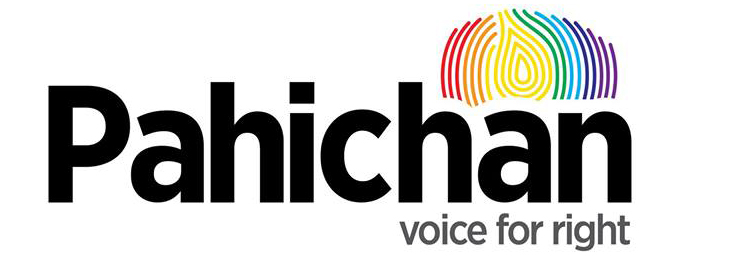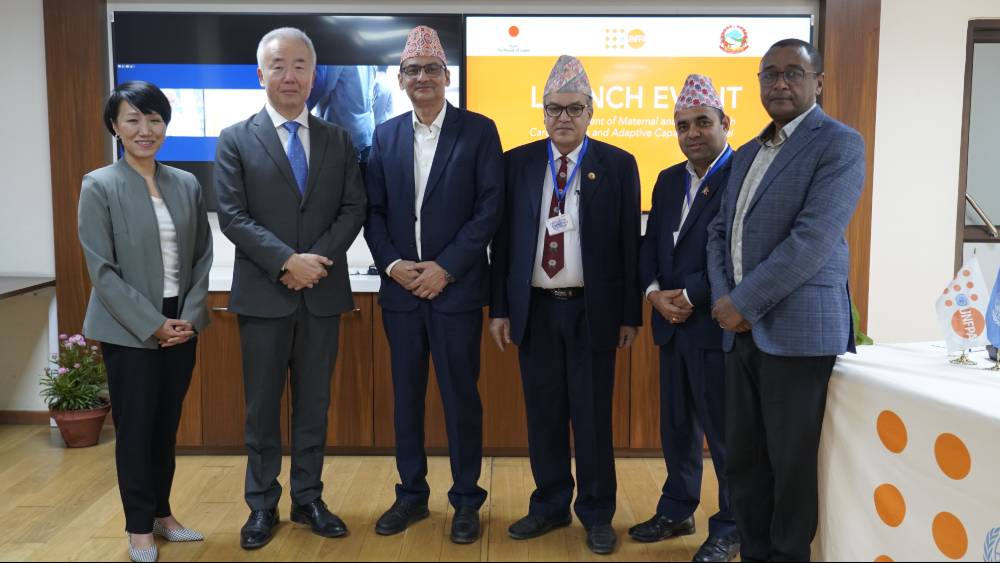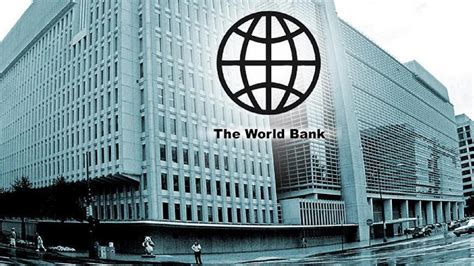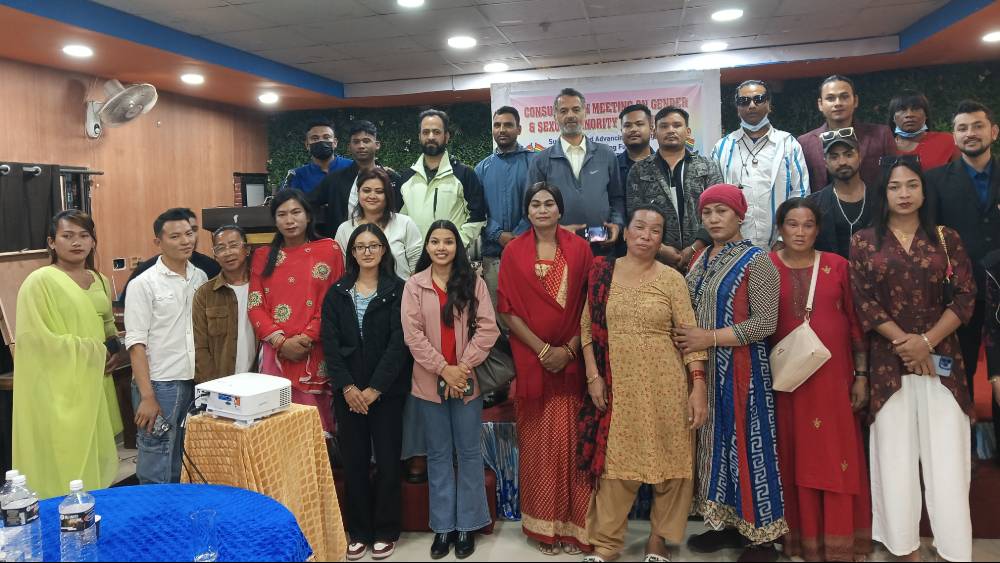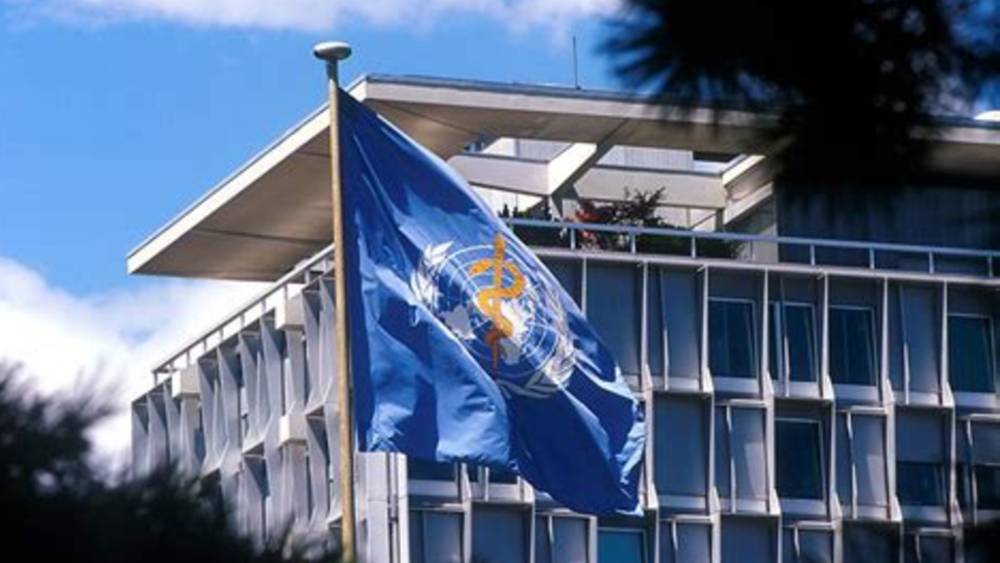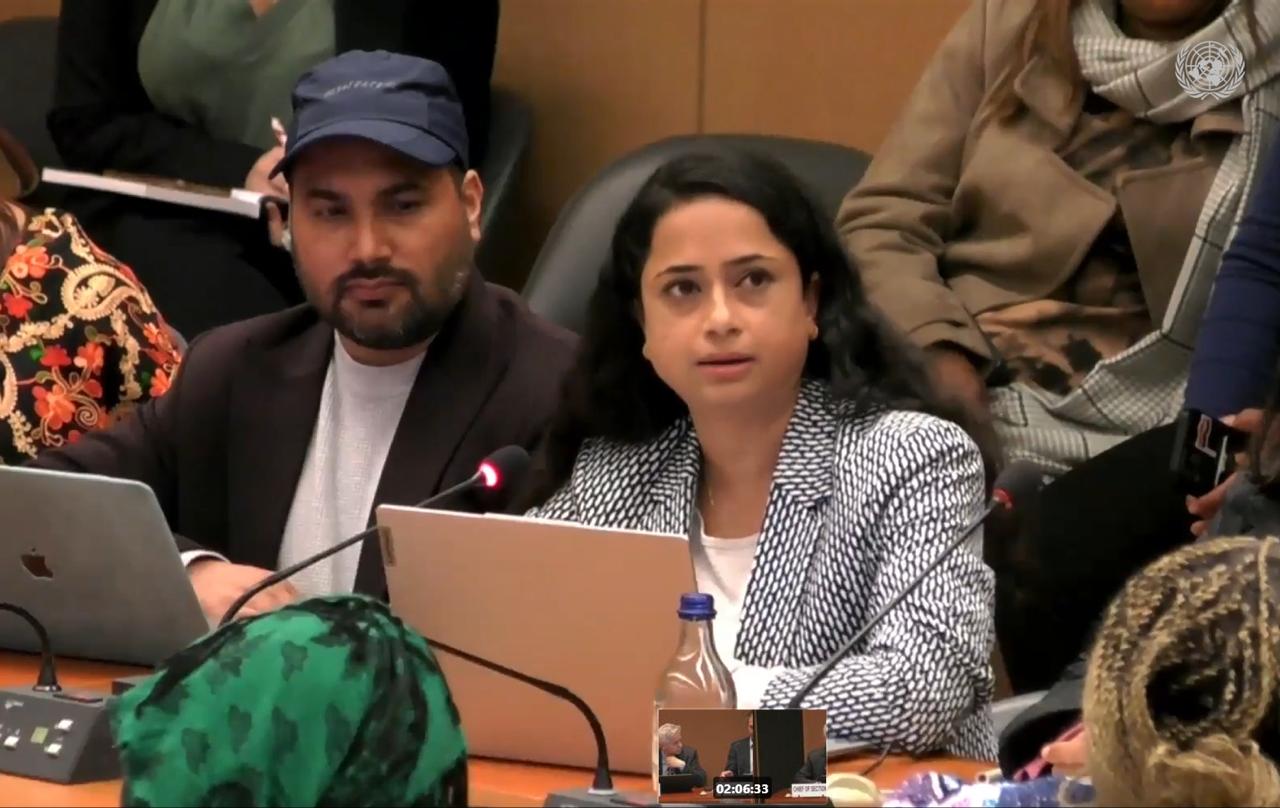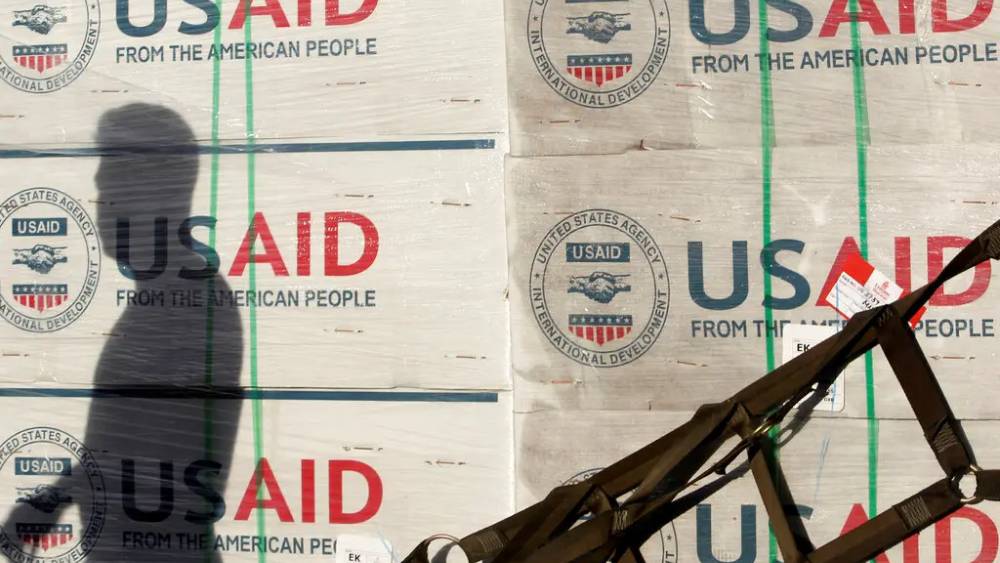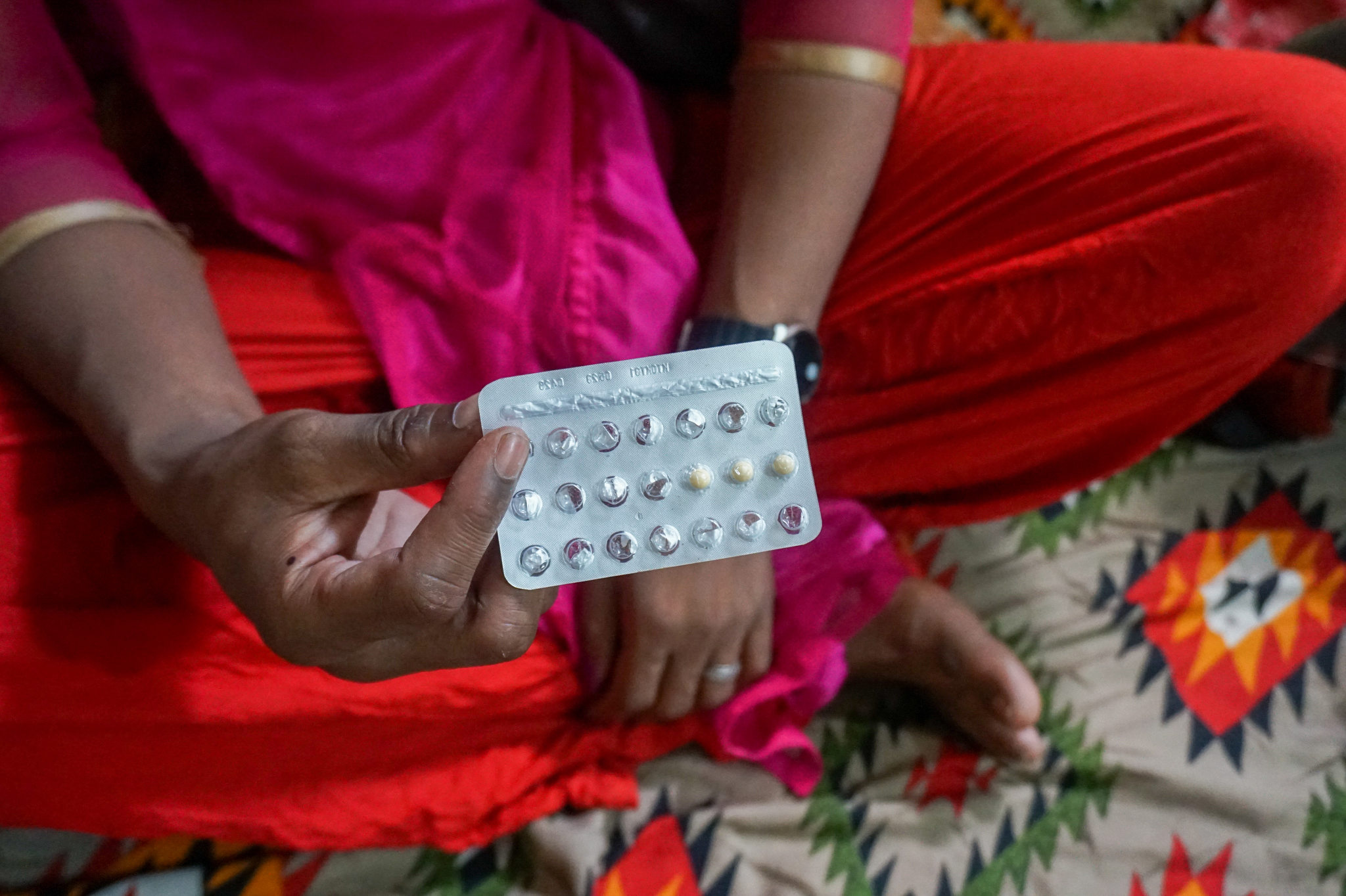Kathmandu (Pahichan) February 12 – Rico has lived with HIV for almost a decade, confiding in only a small number of people in socially conservative Singapore, fearful of the reaction.
Last month, he got a phone call saying information about his condition had been published online.
Rico was one of 14,200 people whose HIV status, name and address were dumped on the internet by an American man who is believed to have obtained the confidential data from his partner – a senior Singaporean doctor.
“The LGBT community is angry and frustrated with the entire ordeal,” said Rico, who did not want to be identified by his full name.
The 31-year-old said he was frightened that “the leaked information may change people’s perception of me”, adding that he had not told all his friends he was HIV-positive.
“Society may be tolerant to the LGBT community but I do not think they are ready to accept a gay and HIV-positive individual. Not in my lifetime,” he said.
While Singapore is modern in many ways, observers say social attitudes have not progressed at the same pace as economic development and are often highly conservative, as in other parts of Asia.
Those in Singapore with HIV – the virus that causes AIDS – have long complained of prejudice and campaigners say the negative reaction to the data breach has highlighted the stigma.
A human resources manager working in the hospitality industry was quoted in the Straits Times as saying she would sack any of her staff if their names were among those published.
The virus is usually transmitted through sex or sharing of needles and cannot be spread via casual contact, such as shaking hands or hugging.
Foreigners with HIV were for many years not allowed to set foot in Singapore at all. In 2015, authorities lifted the ban on foreigners with the virus making short visits but those seeking to work in Singapore must still pass a test.
The affluent city-state of 5.6 million people is home to many overseas workers, from wealthy bankers to labourers at construction sites.
The leak, which involved the data of 5,400 Singaporeans and 8,800 foreigners, has caused widespread consternation. Sumita Banerjee, executive director of NGO Action for AIDS (AFA), said people with the virus had been calling up her group in tears.
“One of the main concerns is that employers, friends and family who were not aware might react badly,” she told AFP, adding some were afraid of losing their jobs.
But according to guidelines from health authorities, there are generally no valid grounds for terminating the services of an HIV-positive employee simply due to their condition.
Source : AFP/The Star
